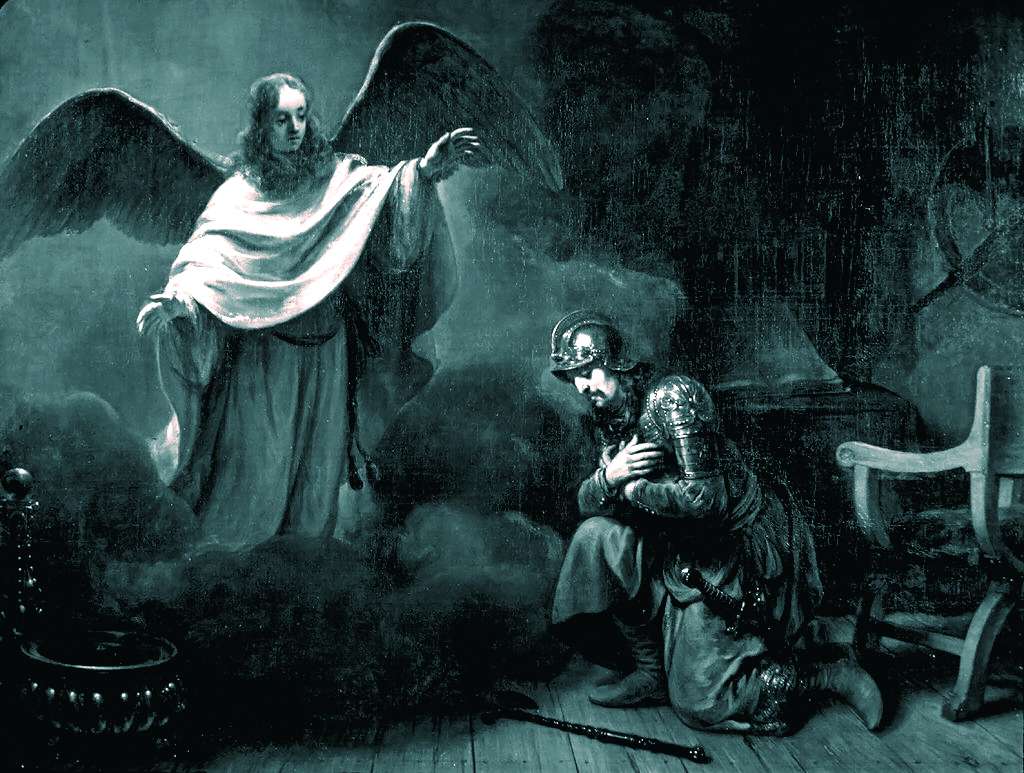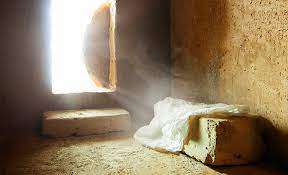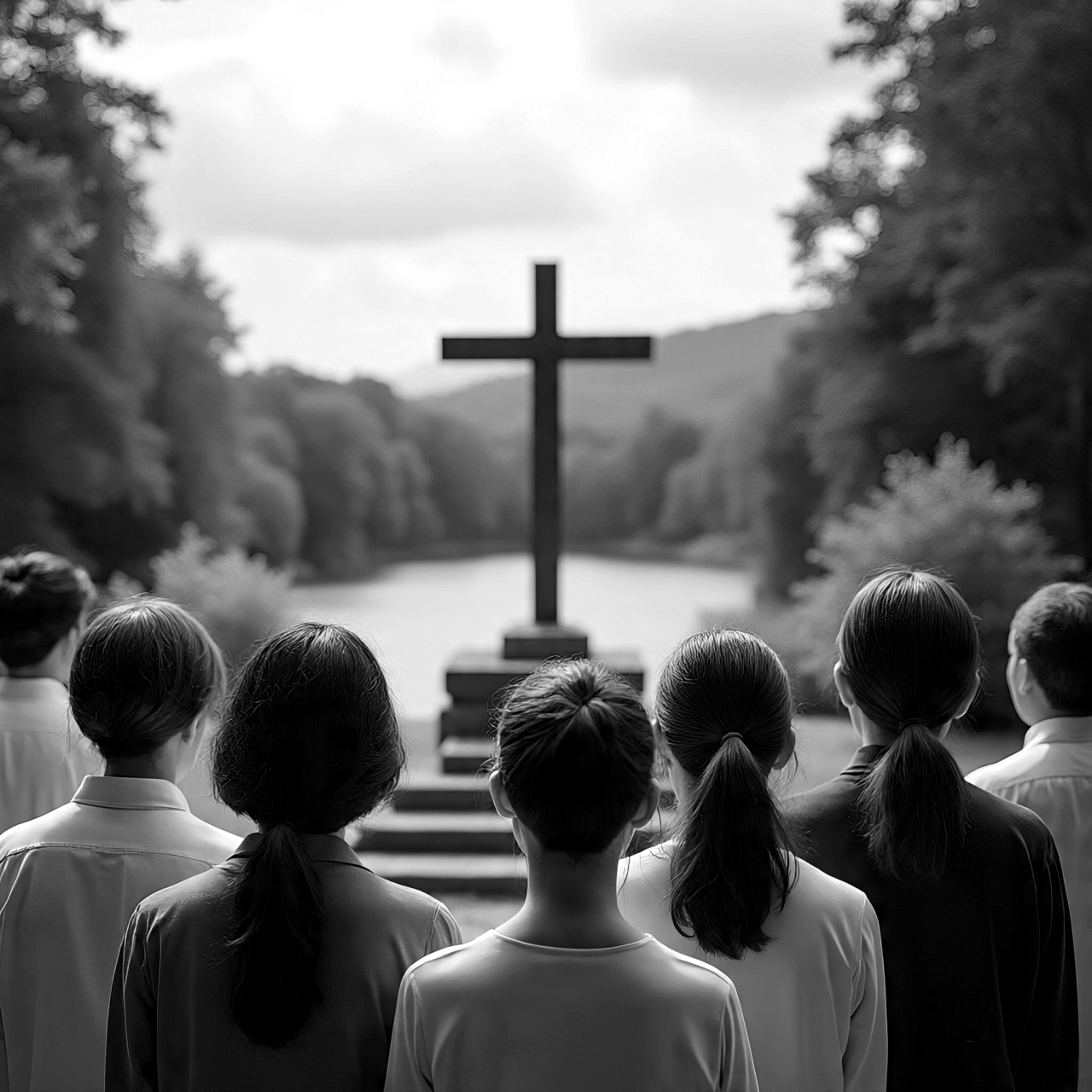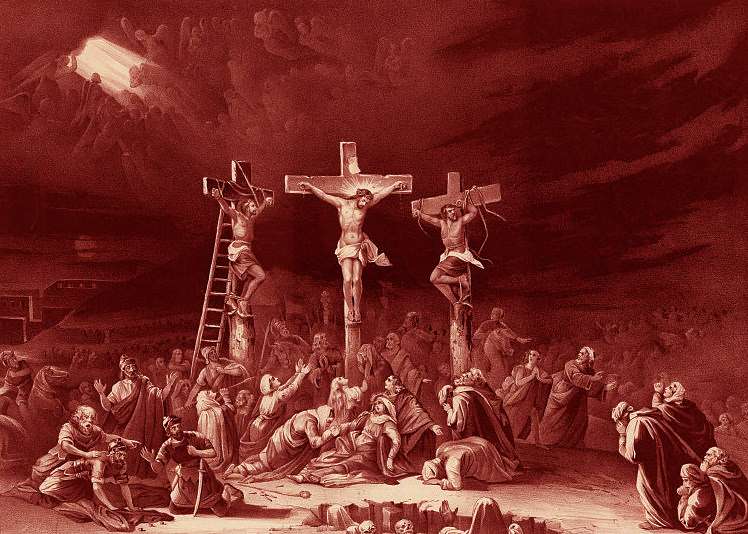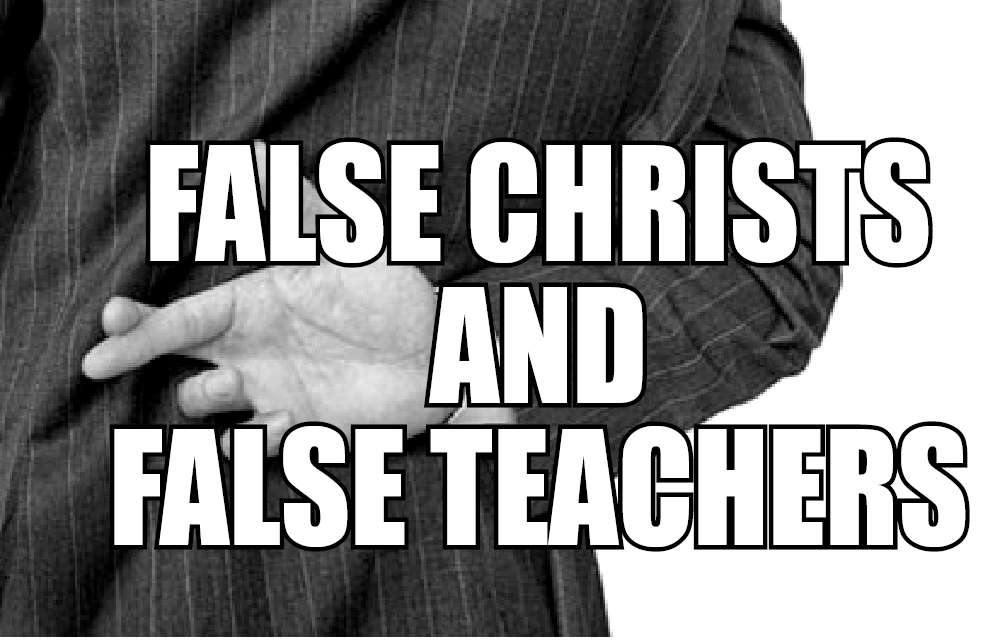

True Prophets vs. False Prophets
Dr. C. T. Luiskutty
According to Ephesians 4:11-14, God has given prophets to the church along with apostles, evangelists, pastors and teachers for the equipping of the saints so that they will be ready for the work of ministry and thus the body will be edified. The Pentecostal revival of the 20th century gave a new thrust to this ministry in the church. While the Old Testament is replete with stories of prophets, in the New Testament there are very few examples mentioned. While some argue that the ministry of prophets ended in the first century, others give undue emphasis on a prophet’s role, sometimes, not knowing the true relevance of it to the New Testament church. The Pentecostal position is that prophecy is a genuine gift of the Holy Spirit given to the New Testament church and is valuable today for the body of Christ. Since this is genuine and valuable, there is the possibility of counterfeits and it seems that there is an abundance of this in the present Christian world.
A true prophet is one who speaks in the place of God and either warns, condemns, corrects or comforts the hearers. Usually their admonitions of warning and condemnation were not received enthusiastically and the prophets faced the anger of political and religious authorities and the unrepentant people. Prophets like Jeremiah, Ezekiel and Hosea had to endure physical discomfort and persecutions as they brought the word of God to His people. True prophets of God were sincere men and women who were commissioned by God and anointed by the Holy Spirit. Most of them had to pay a high price to fulfill their call and anointing. Their mission was not to satisfy the curiosity of people, but to fulfill God’s purpose.
People have always been inquisitive to know what would happen in the near future. Some people claimed to have special power to forecast future events and came on the scene in order to satisfy the natural curiosity of gullible people. They satisfied the curiosity of a wicked people by uttering things that would please the hearers—often for material gain or for fame and prestige. Others were used by the devil and empowered with supernatural abilities of forecasting. These false prophets always worked against God’s plan and directed them away from the way of God and to destruction
According to Charles Swindoll, true prophets of God had the following characteristics:
1. They were uncompromising individuals.
2. They stood alone when the nation or society was immersed in moral decay and chaos.
3. They were God’s mouthpiece.
4. They were men of rugged determination.
5. They were men of prayer and communion with God.
6. They were men of absolute obedience and dedication.
7. They were outspoken critics of evil.
8. They revealed future events.
(The Living Insight Study Bible: Charles R. Swindoll—General Editor)
In the Old Testament we see many prophets who had the characteristics mentioned here. Jeremiah was one of the most prominent prophets of God. Jeremiah prophesied to the southern kingdom of Judah during the reign of Josiah, Jehoiakim and Zedekiah (Jeremiah 1:3)
When all the prophets of the time were encouraging the sinful people to continue their lifestyle by saying that Babylon would not come against them or other kings would come to their rescue, Jeremiah prophesied to an erring nation that God’s anger was against them and as a result they would have to go to Babylonian captivity (10:17-25). His uncompromising nature is evident throughout the Book of Jeremiah.
Jeremiah lived in an era when the king, the religious authorities and people in general were immersed in moral decay and chaos. He began his prophetic ministry in the time of Josiah who was a righteous king. But the kings who ruled after Josiah were wicked and the nation indulged in deep sin and Jeremiah, who was a true prophet, says, “I did not sit in the company of revelers, nor did I rejoice; I sat alone, because your hand was upon me, for you had filled me with indignation.” (Jeremiah 15:17 ESV) He had the moral strength to stand alone in a wicked world.
A prophet is the one who speaks on behalf of somebody else. When Moses confessed at the time of his commissioning that he was not capable of speaking to Pharaoh or the Israelite leaders in Egypt in a convincing manner, God said that his brother Aaron would serve as his prophet (Exodus 7:1). A person is a true prophet of God only when he speaks on behalf of God, exactly what God wants to communicate at that moment. Jeremiah, who confessed his youth and inability to fulfill God’s calling, was told, “I have put my words in your mouth” (Jeremiah 1:7-9). Because of the commission he received from God, he was able to proclaim “This is what the Lord says” (Jeremiah 2:5).
Jeremiah was persecuted in many ways. But in all situations he remained faithful and determined, not because he trusted his natural abilities but because he knew that he was fulfilling God’s commission for his life (1:6-9).
In the midst of continuous opposition from the rulers, religious authorities and common people, Jeremiah always stayed in communion with God. He repeatedly says, “The word of the Lord came to me” and “Hear the word of the Lord.” Like Job, he went through some feelings of being forsaken by God, but God spoke to him and reassured him by talking to him about the restoration of Israel at a future time (see 12:1-4; 16:14-21).
From a natural point of view, Jeremiah might have been tempted to go along with the majority so that he would be accepted and honored by his people. But as a true prophet of God, he had no choice but to speak only what he heard from God. He was always obedient to proclaim what God asked him to do. God told him to remain unmarried to fulfill his call and he remained obedient. His dedication to God was proved in many adverse circumstances.
Jeremiah was a fearless critic of the evil that prevailed in the society. His prophecies begin with the lamentation of God about the condition of His people by saying,
Be appalled, O heavens, at this; be shocked, be utterly desolate, declares the LORD, for my people have committed two evils: they have forsaken me, the fountain of living waters, and hewed out cisterns for themselves, broken cisterns that can hold no water. (Jeremiah 2:12-13 ESV)
This critical attitude against the wickedness of the chosen people and resulting punishment of exile are echoed throughout the book of Jeremiah.
As other prophets of God, Jeremiah’s mission was not limited to crying out against the present evil; he proclaimed the consequences of their attitude and actions. He predicted their exile. However, his message contained hope for the future as he predicted the future restoration of Judah and Israel (Chapters 30-33).
The Bible talks about many false prophets. On some occasions they were in the majority and they had vested interests in saying things in the name of God when they did not hear from God. One example is seen in 2 Chronicles 18. Jehoshaphat, the righteous king of Judah, aligned with the wicked king of Israel, Ahab, and planned to go to war against Ramoth-gilead. Before setting out for the war, Jehoshaphat wanted to enquire the word of Jehovah. Ahab gathered the prophets and enquired of them and in unison they encouraged the kings to engage in war and promised victory. The king of Judah seems to suspect their unanimous prophecy and asked Ahab whether there were any more prophets in the land. And the king of Israel said to Jehoshaphat, “There is yet one man by whom we may inquire of the LORD, Micaiah the son of Imlah; but I hate him, for he never prophesies good concerning me, but always evil.” (2 Chronicles 18:7 ESV). From what followed, it could be concluded that Micaiah was the only true prophet of God in the land. It is only natural that he never prophesied good concerning Ahab who was a very wicked king and displeased God in every way possible. What was the motive of the false prophets? They wanted the wicked king’s approval and, probably, rewards and prophesied accordingly, not what they received from God but what was advantageous to the king and, consequently, to them.
Probably the most notorious false prophet mentioned in the Bible is Balaam (Numbers 22-25). He was a pagan and, apparently, had superhuman power in that his blessing and cursing were effective. Without going through his story in detail, let us examine his attitudes and actions that would shed light on his character and give us a hint as to why he is considered a false prophet.
1. He was greedy. Though he knew Israel was God’s chosen people, he made himself available to the enemy of Israel to curse them in order to satisfy his greed. (2 Peter 2:15; Jude 1:11)
2. He was timid. Rather than dismissing the emissaries of the Moabite king Balak, he lodged them overnight and tried to get a message to please the king even after God revealed His plan to bless the Israelites.
3. He was disobedient to God. God said, “You will not go” (Num 22:12); the angel of the Lord said, “Your way is perverse (reckless)” (Num 22:32). Still he insisted on going.
4. He was double minded. On one hand, he wanted to do only what God allowed; on the other hand, he insisted on doing what was against God’s will. In other words he wanted to serve God and mammon (Matt 6:24).
5. His confession was not sincere. God’s anger was kindled against him because he went (22:22); God’s angel rebuked him. His response was, “If it is evil in your sight, I will turn back (22:34). This is the confession of a false prophet and an insincere believer.
6. For the reward promised to him, he really was ready to curse God’s people. But what came out of his mouth was different only because God put blessing in his mouth (Deut 23:4,5; Nehemiah 13:2)
7. When his desire to curse the people of Israel did not materialize, he advised Moab’s king Balak to seduce the people into both sexual and spiritual adultery (Numbers 25:1-2; 31:16, Revelation 2:14).
8. His desire to die the death of the upright (23:10) was never fulfilled (31:8) because he never was upright.
The Christian church, especially the pastors and leaders, should have the spiritual discernment to distinguish the true prophets from the false prophets. Jesus said that toward the end of this age, “there shall arise false Christs, and false prophets, and shall show great signs and wonders; insomuch that, if it were possible, they shall deceive the very elect” (Matthew 24:24). Signs or wonders, revealing past secrets or even fulfillment of prophecy should not always be taken as indication of a true prophet. The test of a true prophet is not whether what he says will happen or has happened, but whether what he does will glorify God and will bring the church of God closer to God and to spiritual maturity. What is recorded as God’s message to Israel in Deuteronomy 13:1-6 is of critical importance in this context. The devil and his agents can use false prophets and soothsayers to say things and bring them to fulfillment. Even God may use certain people to test whether professing Christians are truly committed to Him. Jesus warned to beware of false prophets who come in sheep’s clothing but inwardly are ravenous wolves. They are the ones who would say to Him, “Lord, Lord, did we not prophesy in your name, and cast out demons in your name, and do many mighty works in your name?” The Lord’s answer will be “I never knew you; depart from me, you workers of lawlessness.” (Matt 7:22-23) The church should be cautious of the preponderance of false prophets and false teachers; otherwise they will be used by Satan even to deceive the elect. True prophecies and words inspired by the Holy Spirit will correct, comfort and strengthen the church.



